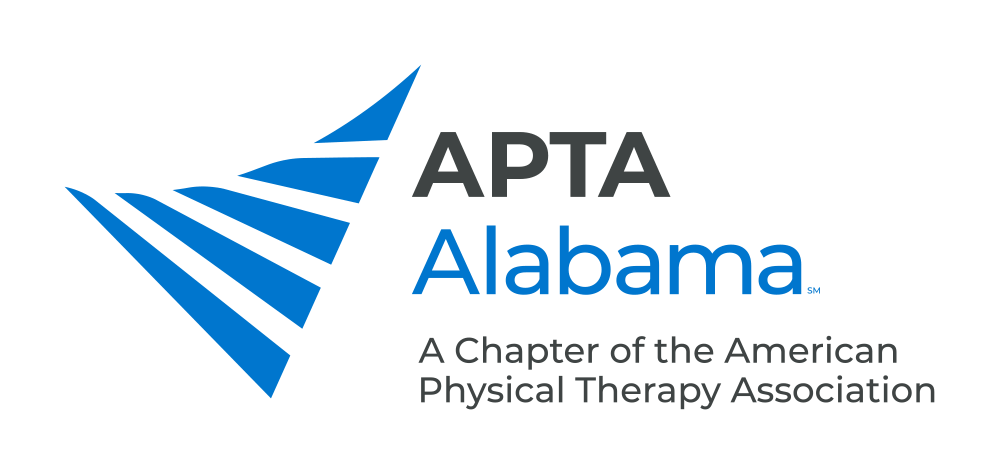As most of you know, in 2019 ALAPTA’s legislative efforts to improve Alabamians’ ability to access the services of a Physical Therapist fell short of the goal, despite our best efforts. The legislative process can be tedious and those who navigate the waters must understand that change does not come easily or quickly. Prior to the success of the 2011-12 legislative campaign, the fight to improve the direct access laws in Alabama was ongoing for 20 years! The leadership knew the battle in 2019 was going to be a challenge, but one cannot successfully complete a journey if it has never begun. The 2019 campaign was just the starting point for the next phase of ALAPTA’s plan to remove the referral language and unnecessary barriers to patients. As I type this, plans are being made to continue these legislative efforts in 2020.
There was a great swell of momentum that took place in the Spring of 2019 and the legislators felt it! On April 13th over 100 PTs, PTAs and Students made their presence known in Montgomery. The legislators heard us. They heard our talking points, some of them understood and were in favor of our bill. But our opposition made some strategic moves early in the year that swayed our success before we had a chance to really enter the fight. The Medical Association of Alabama (MASA), our greatest opposition, gave generously to the PAC funds of many of the Alabama legislators. Those funds helped MASA gain political capital, leading to what was a massive defeat of any legislative bills that would expand the scope of practice for other health professionals, such as Nurse Practitioners, Physician Assistants, and Nurse Anesthetists. Unfortunately, our bill, which was NOT an expansion of our scope of practice, was grouped into those bills; placing us at a disadvantage from the beginning.
While the defeat was deflating, it has not deterred us from the objective. The fight will continue in 2020. The plan is to introduce legislation in 2020 that will improve a patient’s access to physical therapy. So, begin working now. Keep talking with your patients about this, use the same talking points because they have not changed. Our success will depend on grassroots efforts and our patients advocating for change. More information will be coming via e-mail, Facebook, and the ALAPTA website. Use those as sources of information. Thank you for your work so far and for the work to come. Together we can make a difference!

